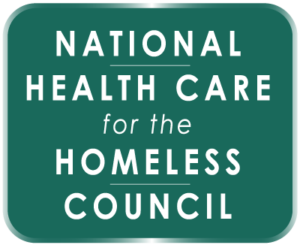Introduction
The Standards for Medical Respite Care Programs (the Standards) give direction for medical respite care programs to operate safely and effectively in providing care to people experiencing homelessness. The Standards were developed from the Respite Care Providers’ Network (RCPN) and a community of medical respite providers to ensure consistency in the vital aspects of medical respite programs, despite the diversity in staffing, Models of Care, and partnerships. Programs can utilize the Organizational Self-Assessment Tool to measure their fidelity to the Standards and identify areas for growth and quality improvement.
Programs can use this resource, the Standards Companion, to align their delivery of services to meet the Standards.
The Standards Companion is comprised of three sections for each Standard:
1) NIMRC resources that directly relate to that Standard,
2) Examples from existing medical respite programs, and
3) Links to external resources that relate to that Standard.
Program Manual Examples
In addition to the examples found within each Standard, there are also two complete medical respite program manuals with additional policies and procedures.
Important Note
This publication is supported by the Health Resources and Services Administration (HRSA) of the U.S. Department of Health and Human Services (HHS) as part of an award totaling $1,967,147 with 20 percent financed with non-governmental sources. The contents are those of the author(s) and do not necessarily represent the official views of, nor an endorsement, by HRSA, HHS, or the U.S. Government. For more information, please visit HRSA.gov.

